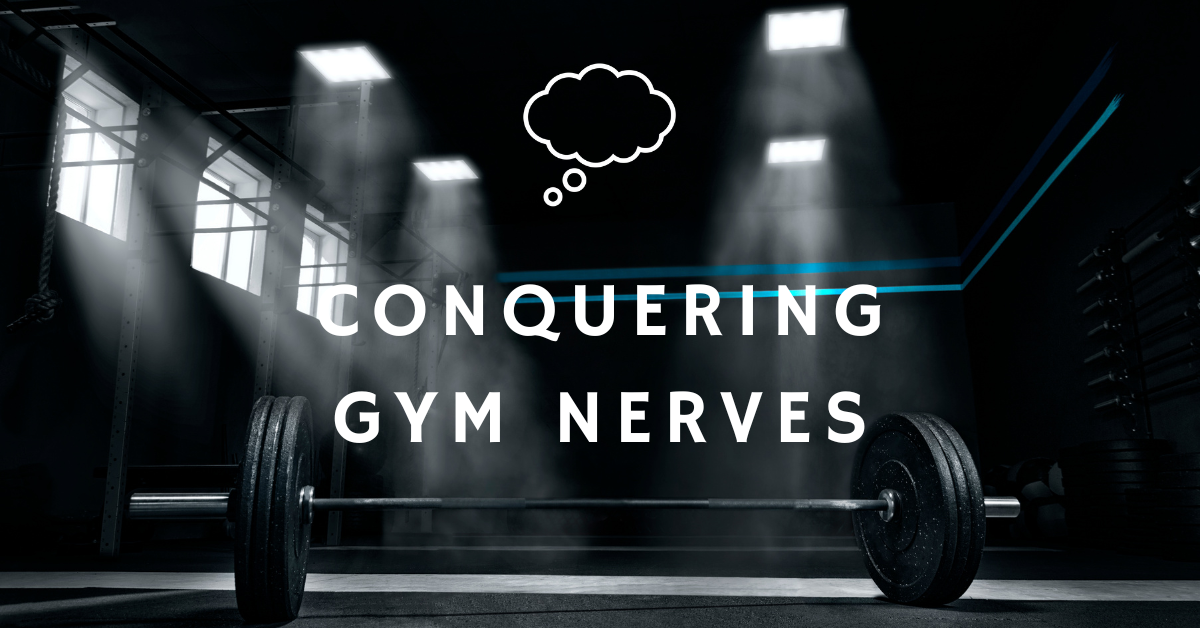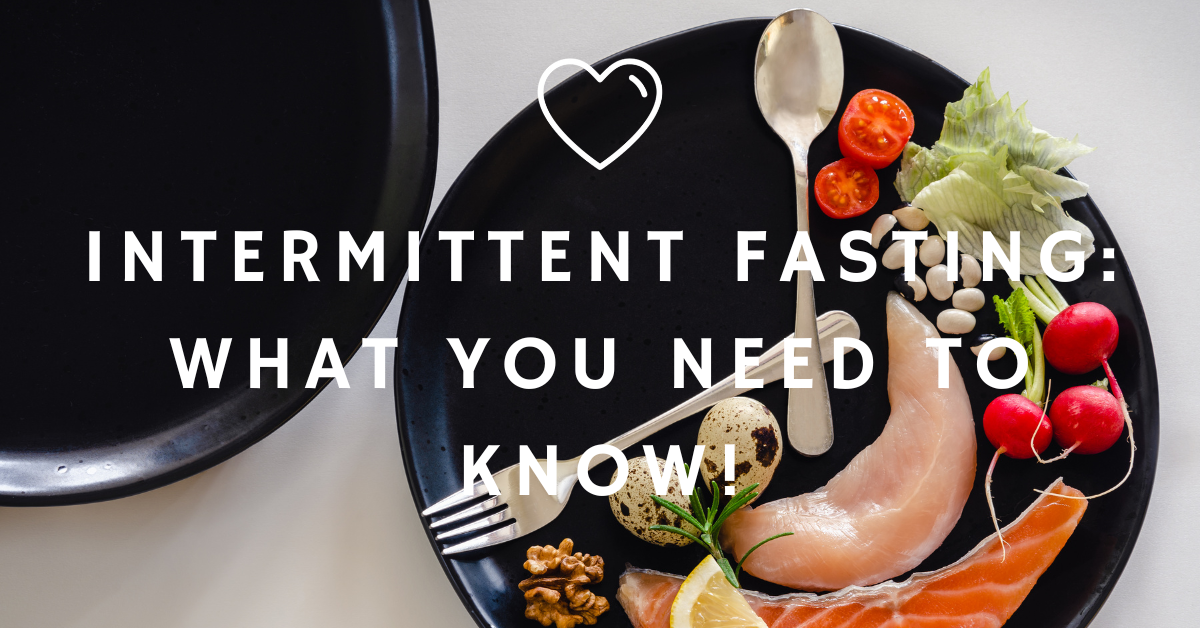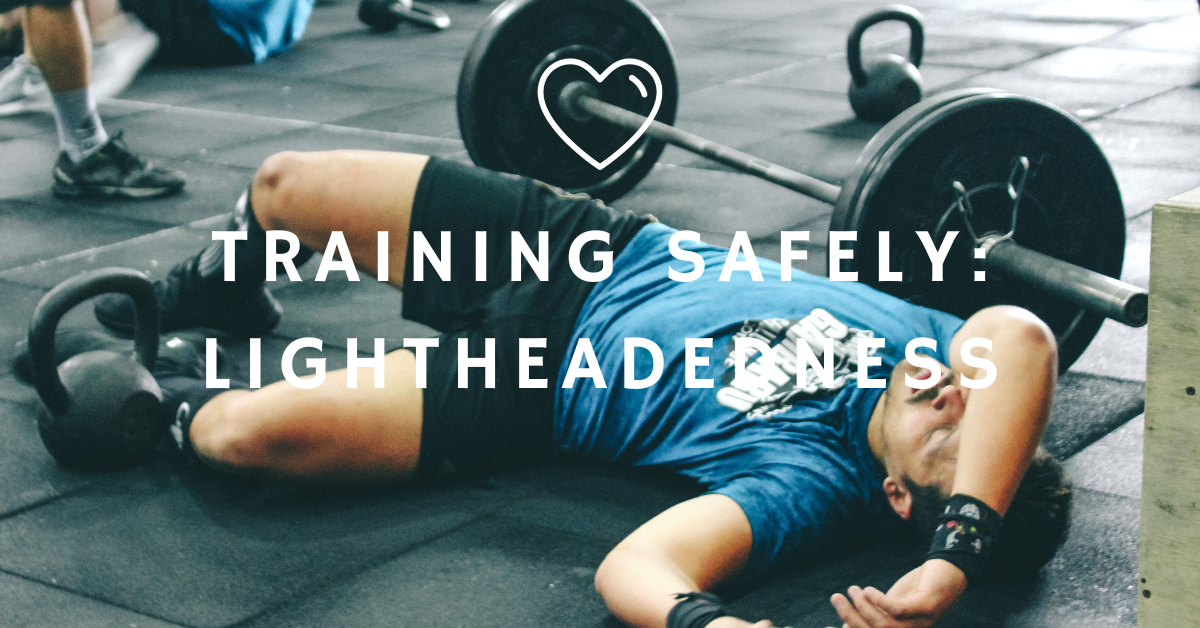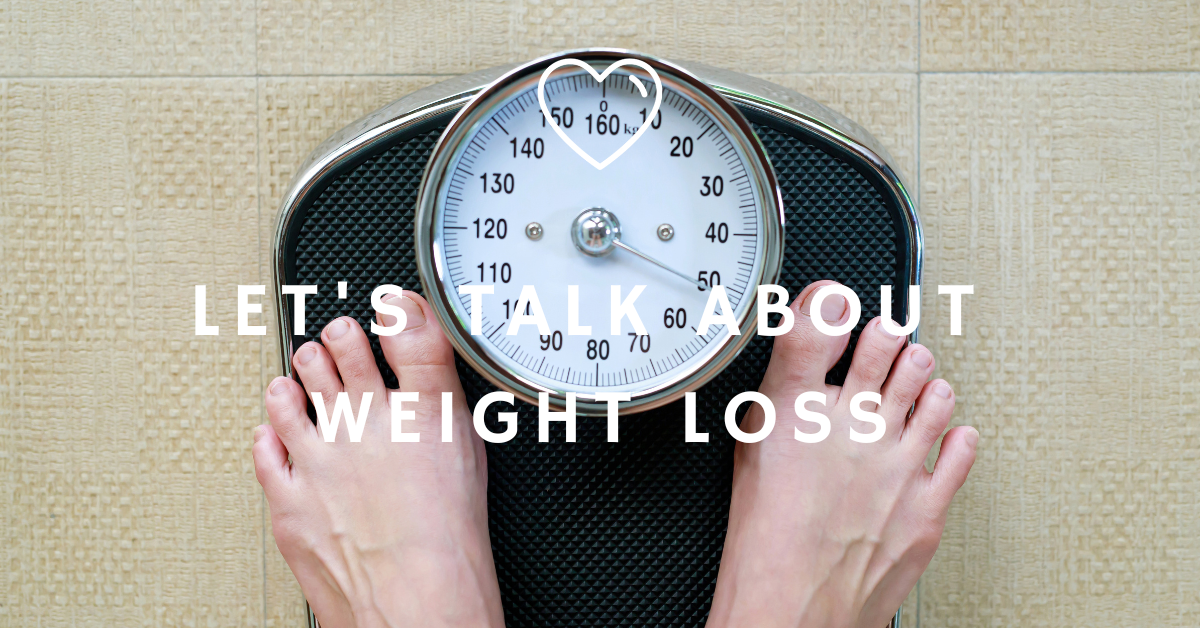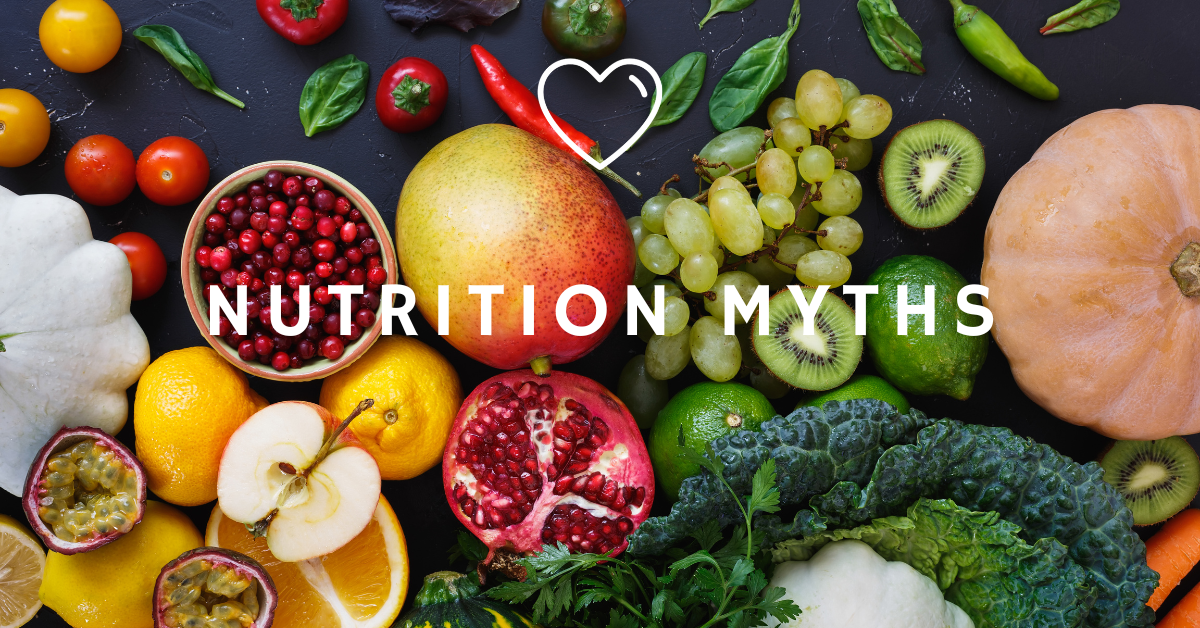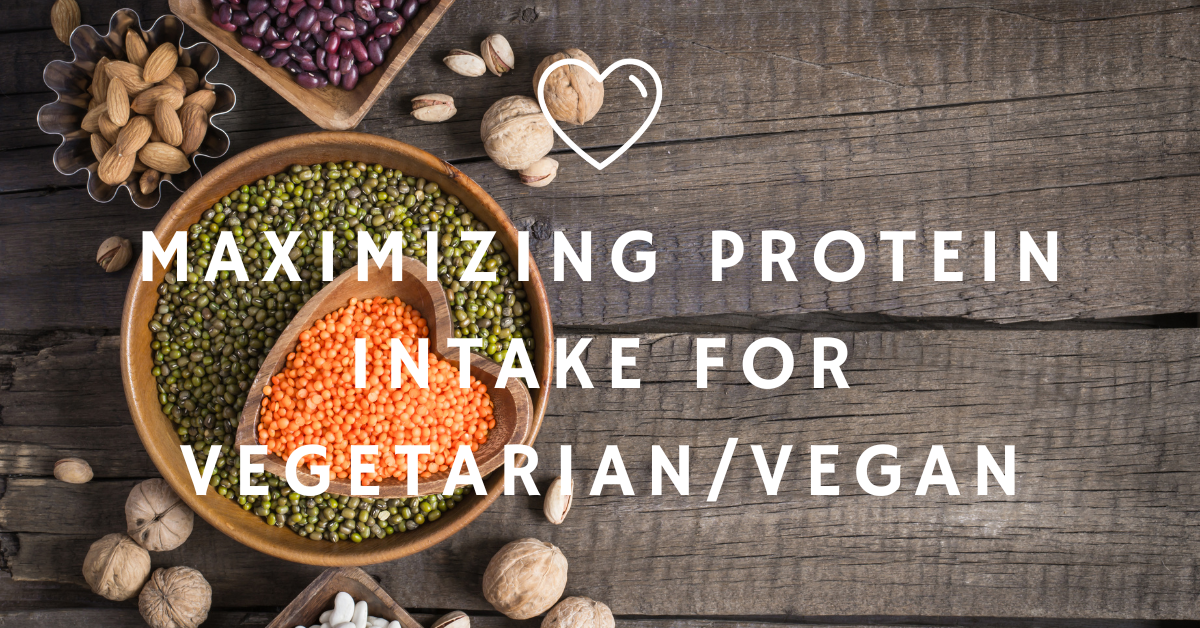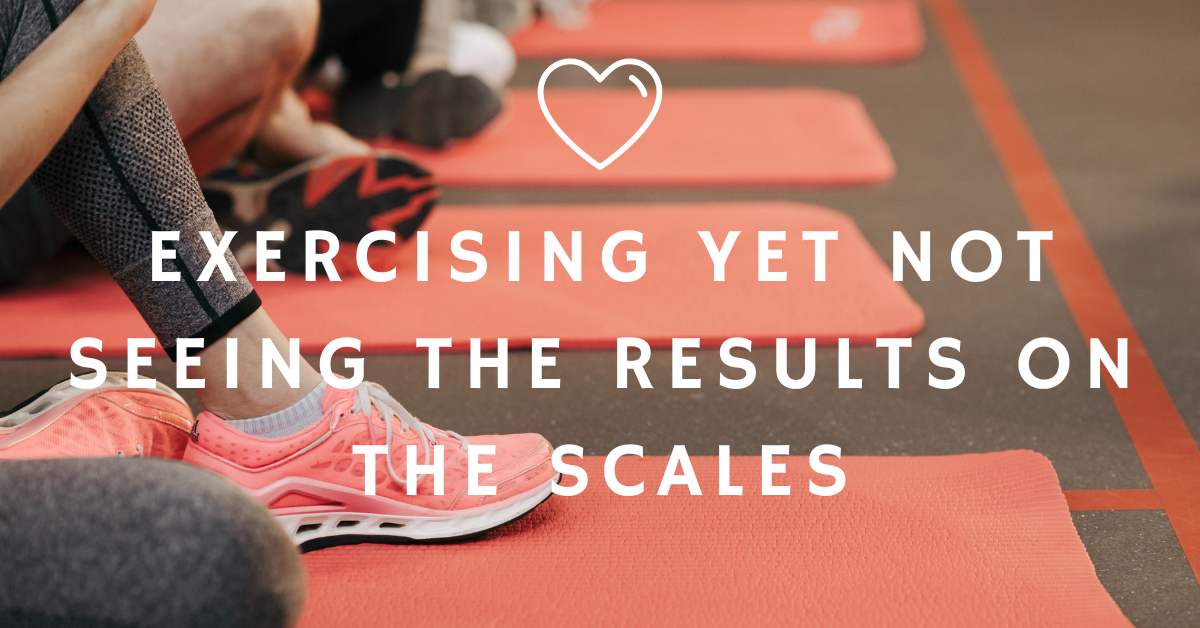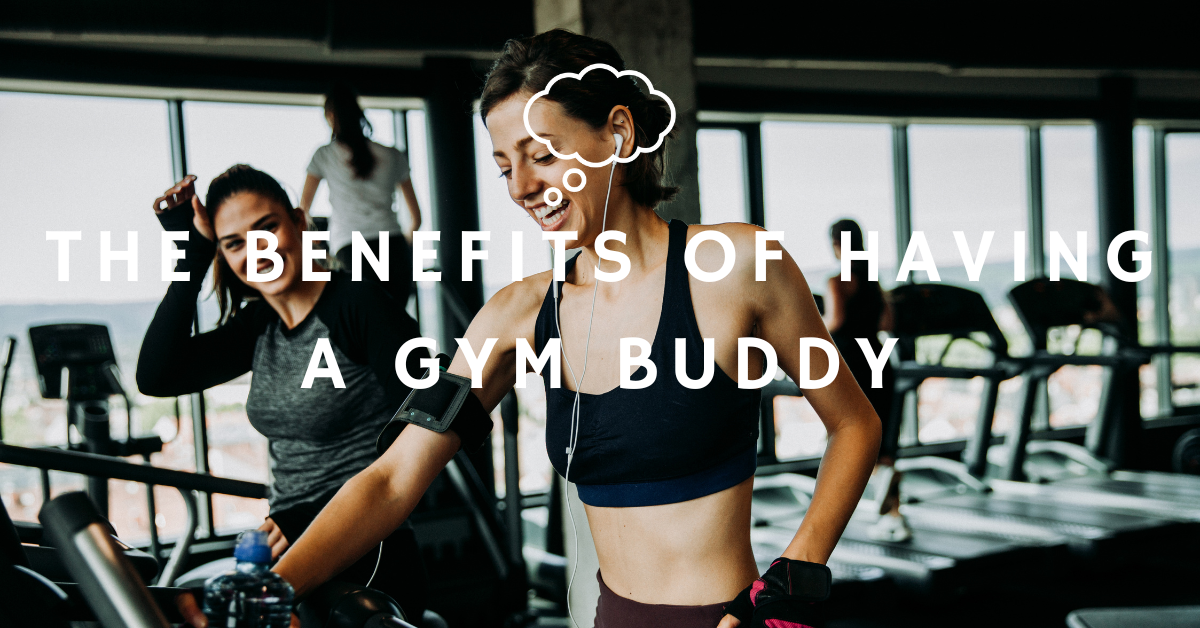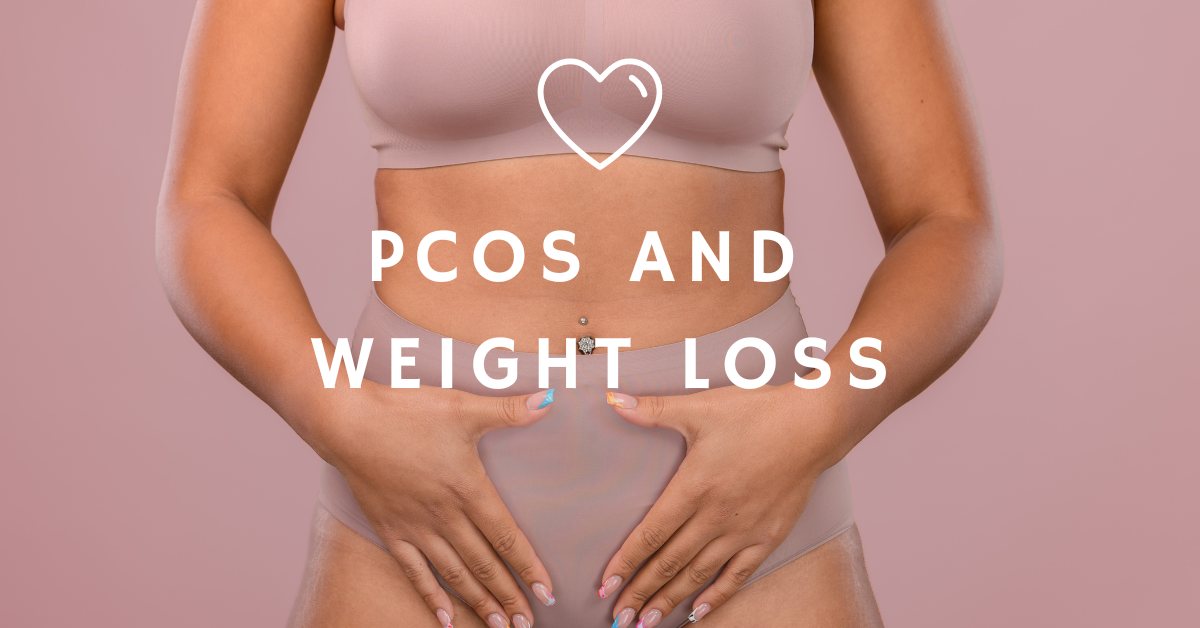Going to the gym can be nerve-wracking, especially if you’re new to the fitness scene. But with a few proven strategies, you can conquer your nerves and feel confident in your workout routine.
Continue readingIntermittent Fasting: What you need to know!
Intermittent fasting (IF) has grown in popularity and as a result we are asked frequently by our clients if it is advised or possible to do IF for weight loss. So we have decided to write this blog to give you information about Intermittent Fasting can help you make the best decision for your future diet and nutrition planning.
Continue readingTraining safely: Lightheadedness
TRAINING SAFELY: LIGHTHEADEDNESS LIGHTHEADEDNESS What is lightheadedness? Lightheadedness is when you feel like fainting or about to pass out. Some people call it feeling woozy. Lightheadedness is related to dizziness. Dizziness is, when you feel unsteady or are having trouble keeping your balance. Dizziness during exercise can be caused by a number of factors, including: […]
LET TALK ABOUT WEIGHT LOSS
Let’s talk about weight loss. It’s not just about numbers on a scale, it’s about reclaiming your health and your happiness. It’s about feeling strong and confident in your own skin and being able to do all the things you love without limitations.
Continue readingNutrition Myths
Weight gain during your menstrual cycle?
THINK YOU GAIN WEIGHT DURING YOUR MENSTRUAL CYCLE? Well you could be right. Here are 5 evidence-based facts as to why women may gain weight during their menstrual cycle:
Continue readingMaximizing Protein Intake for Vegetarians & Vegans
Maintaining a protein-rich diet is essential for gym enthusiasts seeking to build and repair muscle tissue, regardless of their dietary preferences.
Continue readingExercising yet not seeing the results on the scales
Exercising yet not seeing the results on the scales It can be immensely frustrating when you put in consistent effort at the gym, yet the numbers on the scale refuse to budge. Surprisingly, exercise doesn’t always guarantee weight loss. To gain clarity, consider asking yourself the following three questions… Are you consuming more calories without […]
The benefits of a gym buddy
Working out with a gym buddy can be a game-changer for your fitness routine. In fact, there is a growing body of scientific evidence that highlights the benefits of having a workout partner.
Continue readingPCOS and Weight Loss
Often women with PCOS, diagnosed or undiagnosed, will struggle with weight loss. Many will cite that a calorie deficit doesn’t work for them or they don’t believe that the science of a calorie deficit works.
Continue reading